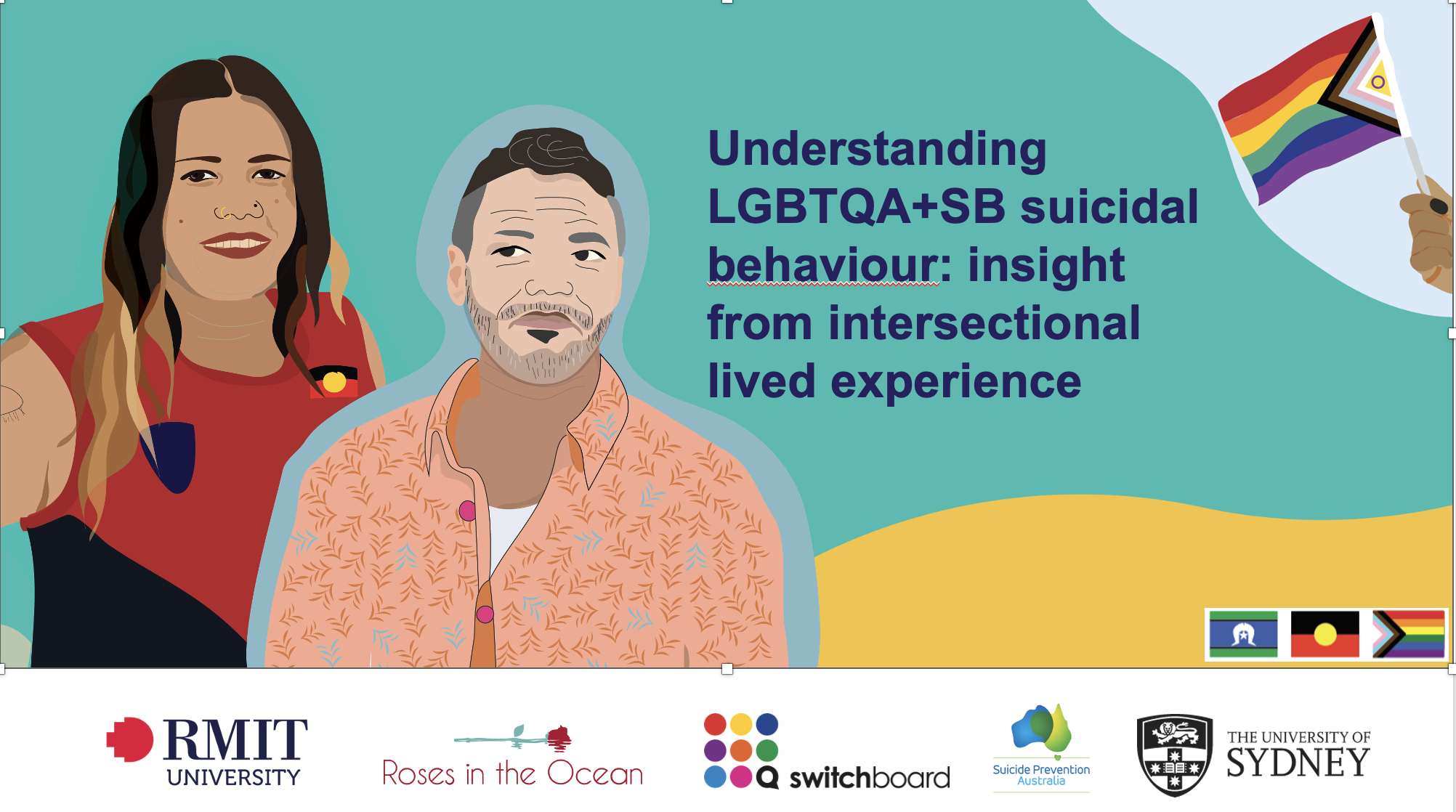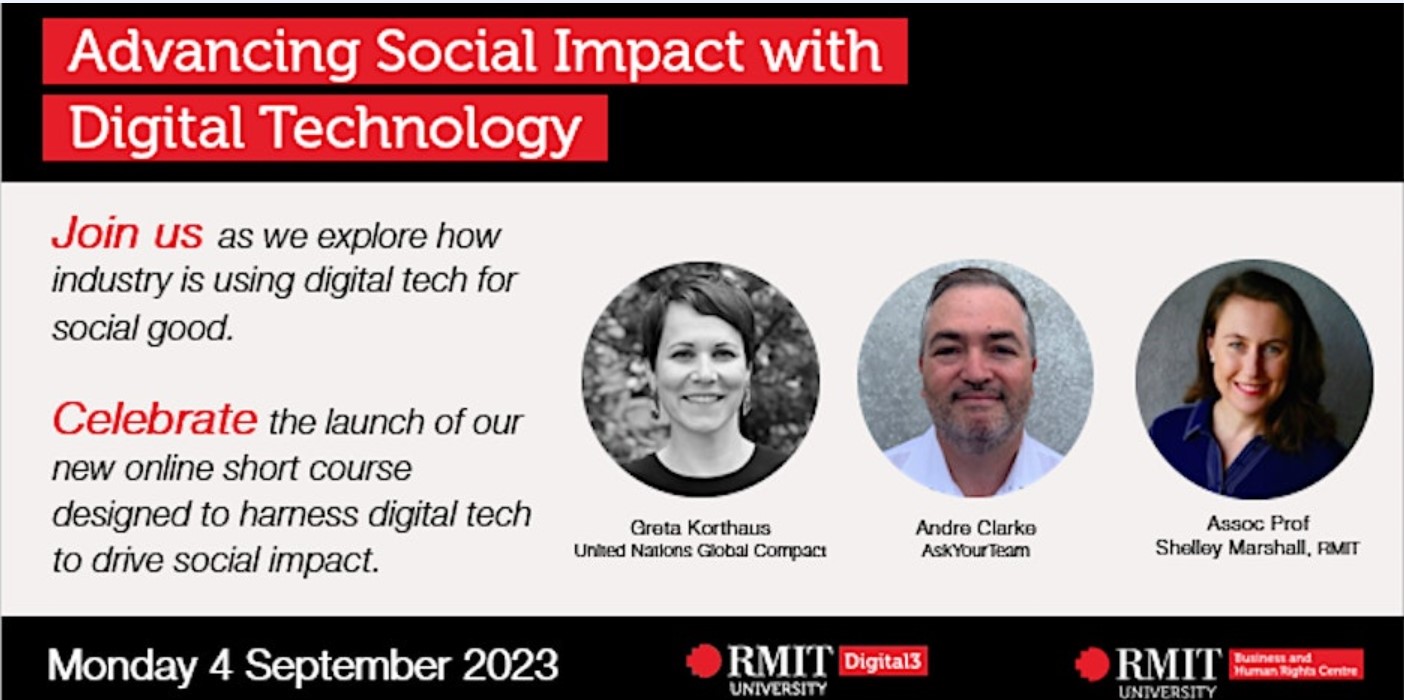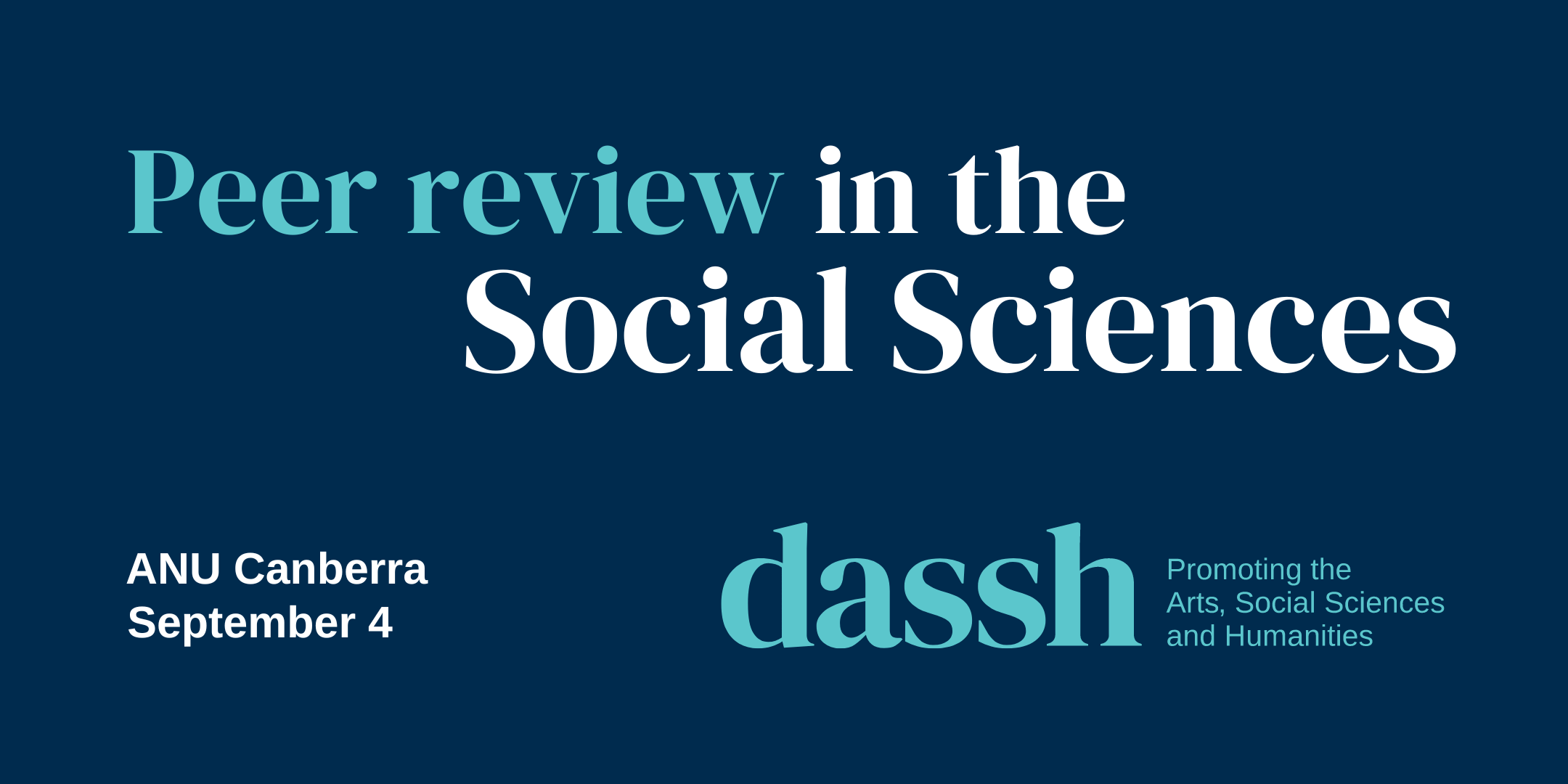Understanding LGBTQA+SB suicidal behaviour and improving support
VirtualUnderstanding lived experience is a national mental health priority and has a vital role in shaping the policy and practices aimed at improving social support for suicidal distress in LGBTIQA+ communities. This panel brings together expert social science academics, LGBTQIA+ community sector support services and advocates to present research about the lived experience of suicidal behaviour within culturally diverse LGBTIQA+ communities, including First Nations LGBTIQA+SB people and LGBTIQA+POC. The panel will detail key insights from interviews with 20 lived experience participants, recruited from across Australia including 3 First Nations LGBTQA+SB people, 7 LGBTQA+ POC and 10 LGBTQA+ people. Themes discussed focus on the importance of intersectionality (the overlapping impact of multiple forms of discrimination) when understanding LGBTQA+SB lives, experiences of suicidal distress and the formal and informal support. Recommendations for policy and practice will be outlined, including the need to improve knowledge, awareness, and access to support services that are inclusive of intersectional experiences. We will also outline how, through a process of participatory co-design, this lived experience research has been translated into an online training module that is available for delivery from Switchboard, Victoria. This research was funded by Suicide Prevention Australia. Panelists: Katherine Johnson (RMIT), Vanessa Lee-Ah Mat […]




